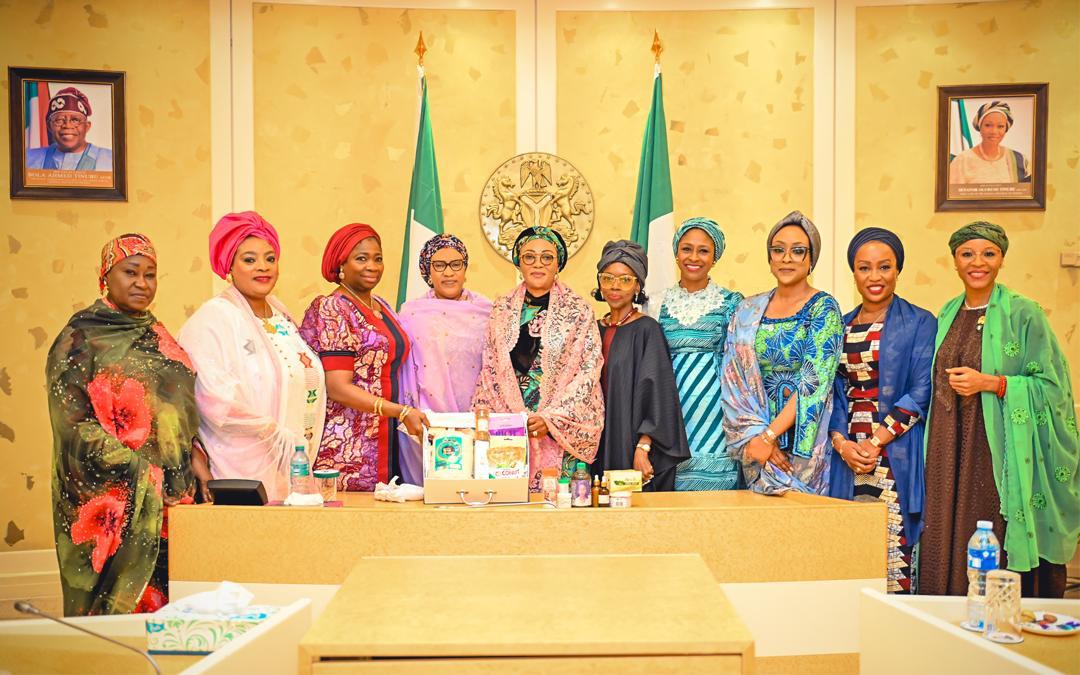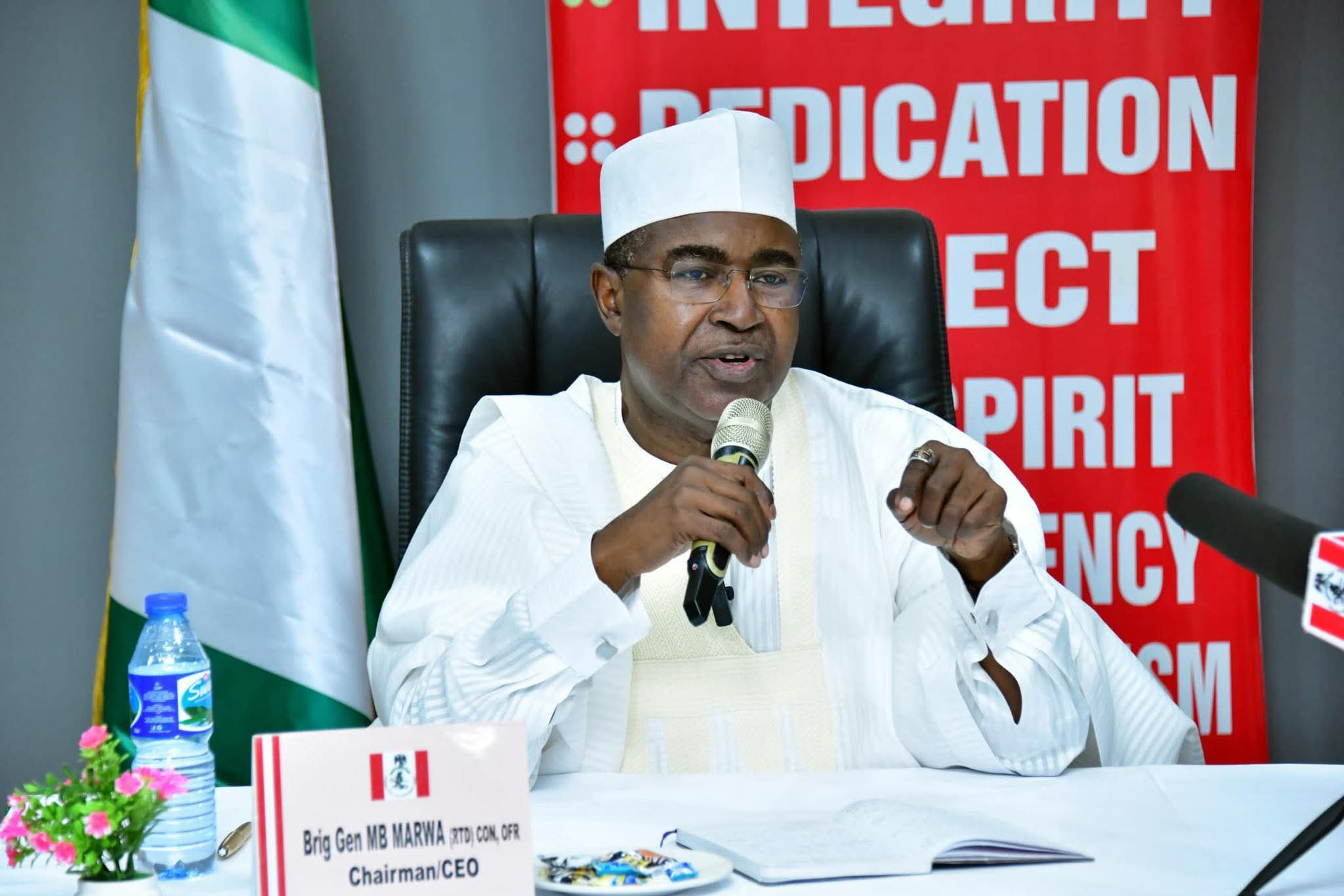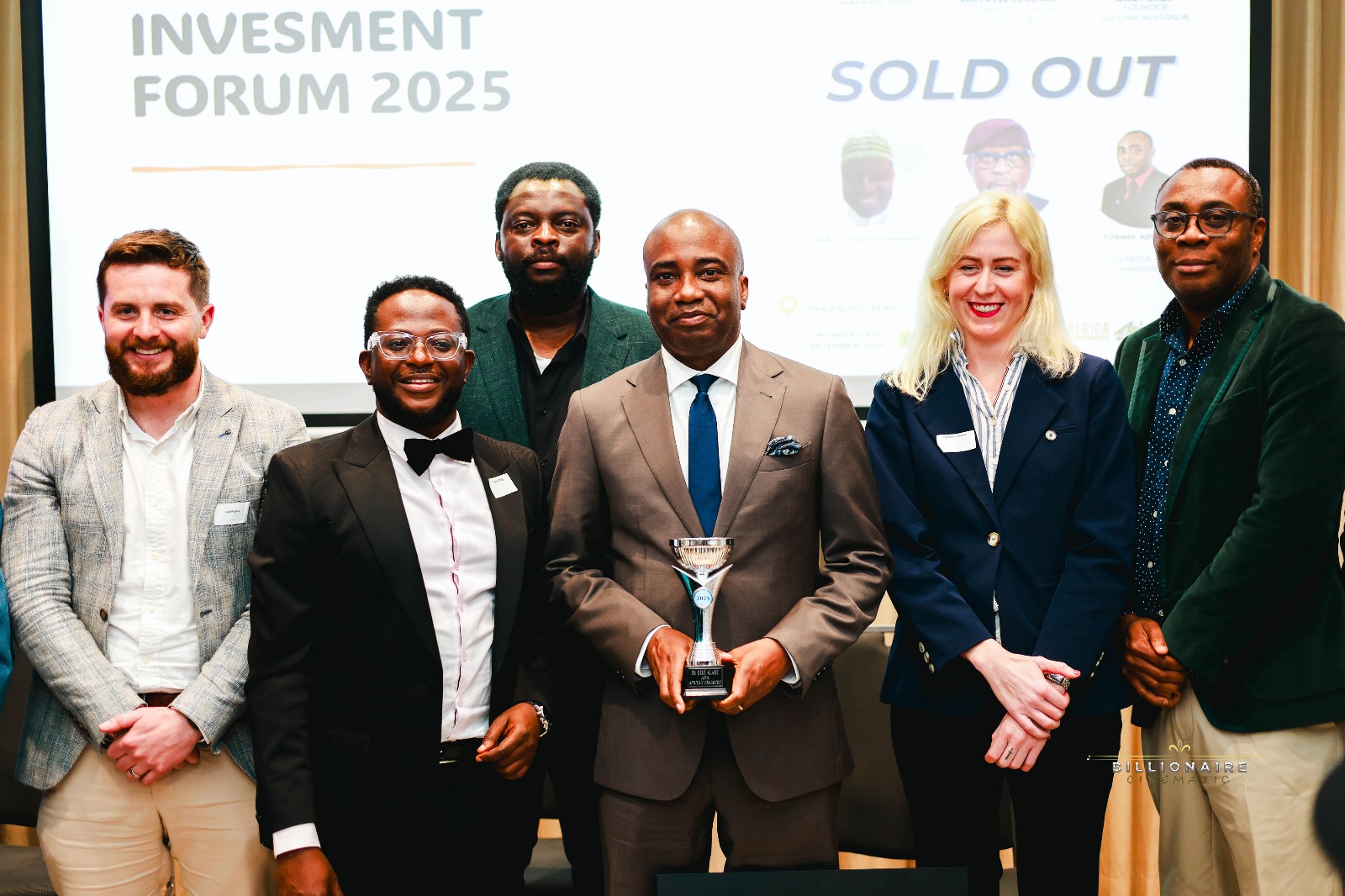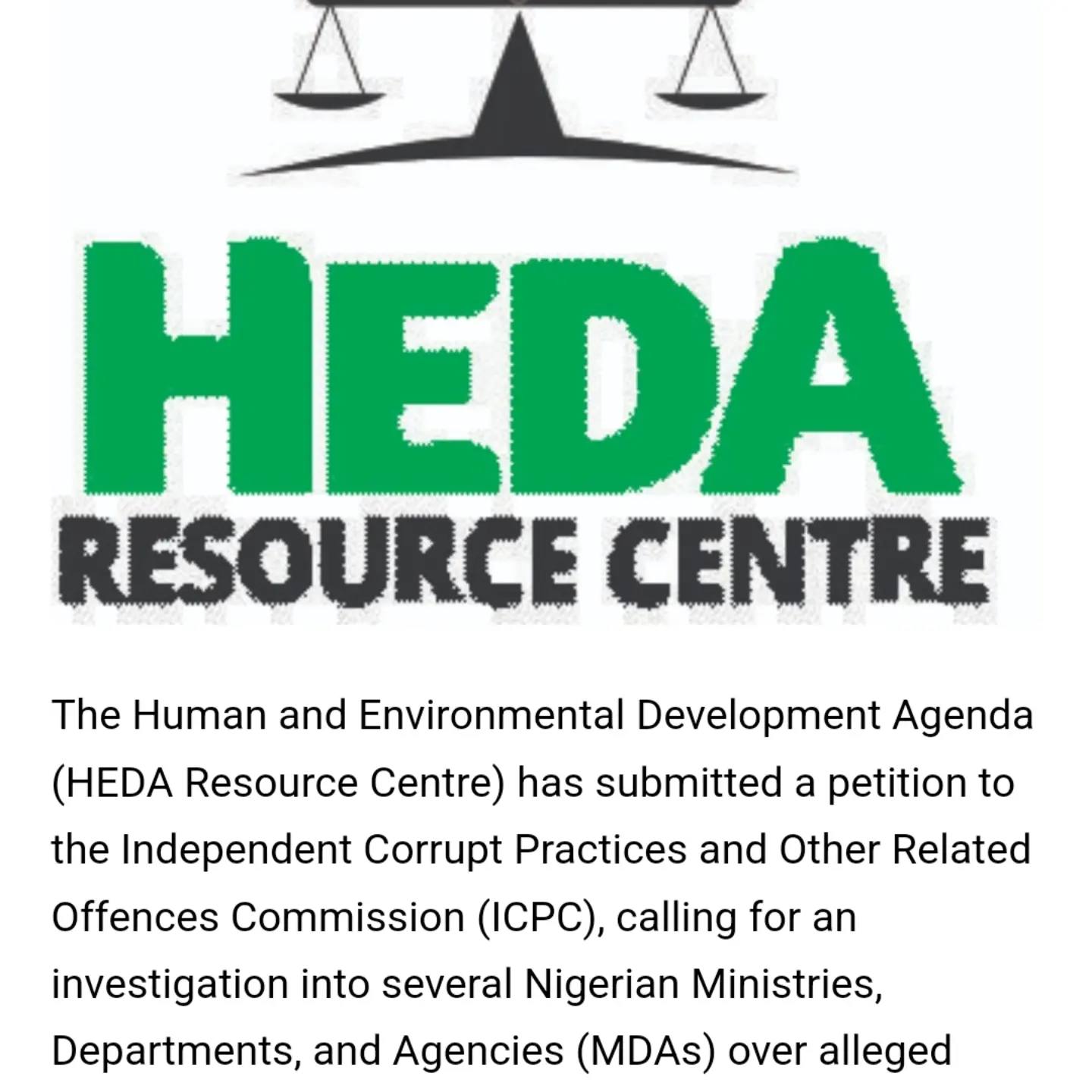The Imperatives of Global Partnership for Africa’s Infrastructural Development
Being the text of a press conference addressed by Africa Think Tank for Infrastructure Development, Right House Adeniyi Jones Avenue, Ikeja, Nigeria, Monday, 28, 2025
Ladies and Gentlemen of the Press
Introduction
We are pleased to welcome you to this pre-summit press briefing. It is public knowledge that the G20 Summit of industrialized nations will be held in South Africa on 22-23 November 2025. The body, through its Financing for Sustainable Development Task Force, has granted the Africa Think Tank for Infrastructure Development the right to host the Infrastructure and Sustainable Development Side Event. This event will hold before the main summit as a forum for World Leaders, Chief Executives of International Development Agencies, International Investment Institutions, Financial Services Companies and Banks, Regional Economic Commissions, Regulatory Agencies and International Infrastructure Entrepreneurs under the theme: Enhancing Africa’s Infrastructure Transformation Agenda through Investments and Partnership at The Lakewood Conference Centre, Johannesburg, South Africa on 20-21 November.
Overview of Investment Status in Africa
Economic development is generally understood as the increase in the stock of goods and services in a country in ways that increase the well-being of its population. Without a doubt, our continent is plagued by several development challenges. These include desertification, illiteracy, unemployment, food crisis, civil conflicts, poor transportation and communication infrastructures. It is generally acknowledged that roads, power, water, sanitation, sea, and airports, among others, are basics for growth and economic development. There is a logical connection between infrastructure and economic development. The continent has tended to rely on foreign aid rather than seeking innovative ways to overcome its development challenges. It is well-known that foreign aid is volatile, undependable, and delusional for countries to depend on it for development. Unfortunately, for obvious reasons bordering political instability and ignorance of the huge economic potentials of the continent, the flow of Foreign Direct Investment (FDI) has been paltry. As of 2012, FDI flows to Africa were estimated to be US$50 billion. In 2023, FDI flows to Africa stood at US$53 billion, Egypt and South Africa have been the largest recipients on the continent. There has been steady disproportionate growth. According to the latest World Investment Report from UN Trade and Development (UNCTAD Foreign investment in Africa soared to 75%, about US$97 billion in 2024, in ways that benefit most sub-regions on the continent. That figure represents 6% of global FDI. North Africa had a greater share of the inflows. Also, international project finance (IPF) deals rose 15% in value, fueled by large energy and transport infrastructure projects.
Intra-regional investment within sub-Saharan Africa (SSA) by regional players has soared in recent years. The Nigerian conglomerate Dangote has built a network of cement plants, from Tanzania to Senegal. South Africa has shown leadership in this regard. MTN has become the eighth largest communication company in the world, and with growing patronage from Africans, is investing in telecommunications on the continent. Nigerian banks are making forays, such as Access Bank PLC, Zenith Bank, Globacom and Dangote PLC. To be sure, intra-regional FDI made up, on average, 21% of SSA’s total inward FDI stock in 2020-23. In the preceding decade, it stood at about 14.7% in 2010-19 (see World Bank analysis of data from the IMF’s Coordinated Direct Investment Survey). This was an upscale performance compared to the intra-regional FDI share in Latin America, the Caribbean, the Middle East, and North Africa in the same period. This is to be encouraged, and the side summit provides an auspicious window to deepen intra-African investment.
Infrastructure Deficits
Sundry observers of Africa’s problem have pointed to profound deficits in infrastructure: a poor road network, subpar electricity supply, and inadequate communication facilities. Indeed, Africa has deep and systemic infrastructural deficits that impede the harnessing of its potential. Two and a half decades ago, the situation was dire. A 2010 UNECA Report underlined the inadequacy of the transport system. Paved road density was put at 31 kilometers per 1000 square kilometers in SSA. The total road density is put at 137 per 1000km, representing 65% of the developing world. Today, the situation is even dire with increasing population and urbanisation. Therefore, closing the infrastructure deficit is vital for Africa’s economic prosperity and sustainable development. According to the Africa Development Bank (2023), Africa requires USD 130 – USD 170 billion per year in financing to meet its infrastructure development objectives and goals in sectors such as energy, transport, water, sanitation, urban, and ecosystems. The high annual infrastructure deficit exists in the context of the poor fiscal situation of many African governments. In 2021, the average tax-to-GDP ratio for 33 African countries stood at 15.6% (Revenue Statistics in Africa, 2023). This is low compared to the averages for other developing regions, such as Asia-Pacific (19.8%) and Latin America and the Caribbean (21.7%). According to the World Bank (2023), between 2021 and 2022, the fiscal deficit in the sub-Saharan African region widened from 4.8% of GDP to 5.2% of GDP.
Beyond challenges relating to the cost of and access to infrastructure services, the quality of these services is also low on average. Together, these have contributed to the estimation that poor infrastructure has resulted in a 40% loss in productivity in African countries and up to a 2-percentage-point reduction in annual national economic growth (African Union, 2023). The Continent requires a diversified transport system that would allow its people to interface in all spheres of human endeavour. These, of course, would include the sea, air, and roads. The railway system must be revitalised, continental highways are imperative, and so is an effective water transport system. So, a few years back, The London Economist painted a gloomy picture of the state of transportation on the continent. As it puts it: “Transport is a perpetual problem in Africa. Potholed roads and missing rail links get in the way of economic growth. Intra-regional trade accounts for just 31% of total commerce, compared with 53% in emerging Asia. Landlocked countries suffer the most. Transport cost can make up 50-75% of the retail price of goods in Malawi, Rwanda and Uganda. Shipping a car from China to Tanzania on the Indian Ocean coast costs $4000, but getting it from there to nearby Uganda can cost another $5000.”
Focal Points
The World Bank (2023) again estimates that the median public debt-to-GDP ratio in sub-Saharan Africa grew from 32% in 2010 to 57% in 2022 and that 22 countries in the region are facing or at a high risk of debt distress. The launch of the African Continental Free Trade Area (AfCFTA) Agreement in January 2021 has increased the urgency for infrastructure development on the continent, particularly trade facilitation infrastructure. This includes hard infrastructure such as ports and harbours, road networks, rail networks, airports, border posts and customs facilities, special economic zones and industrial parks, and energy infrastructure. Several decades earlier, African governments had already articulated these fundamentals in its 1980 Lagos Plan of Action, when it noted that “The Member States have always recognised that transport and communications constitute a most important sector on whose development depends not only the growth in other sectors but also the socio-economic integration of Africa, as well as the promotion of intra- and extra-African trade”. It would receive a boost from the United Nations, which declared 1978 to 1988 as the UN Transport and Communication Decade for Africa. Today, these areas require a huge investment.
Return on Investment
With a population that is projected to be 1.5 billion in 2030, Africa remains a huge market for realization for daring and committed investors. For example, the Ras El Hekma project in Egypt is a partnership between the Egyptian government and the United Arab Emirates (UAE). The US$10 billion development project for tourism and real estate in Egypt’s North Coast region is managed by the ADQ, Abu Dhabi-based investment and holding company, in which the Egyptian government holds a 35 percent stake in the megaproject. FDI profile shows that European investors hold the largest FDI stock in Africa, followed by the United States and China. Investment from Chinese investment valued at $42 billion flows into sectors like pharmaceuticals, food processing, among others. The Cross Rivers’ Obudu Mountain Resort, also known as Obudu Cattle Ranch, easily one of Africa’s “finest and most interesting and spectacular tourist destinations,” is reportedly in a dilapidated state. Perhaps, of the brownfield projects littered across the continent, there is a huge potential for return on investment. The light rail project in Ethiopia requires duplication across the continent. The Enugu-Bamenda Road project, a collaborative effort involving the African Development Bank, the World Bank, the Japan International Cooperation Agency (JICA), and the governments of Nigeria and Cameroon, is a model worthy of emulation in infrastructural development. The Enugu-Bamenda Highway is a component of the Trans-African Highway, a transcontinental link envisioned to stretch from Lagos, Nigeria, to Mombasa, Kenya.
The Imperatives of Summit
It is acknowledged that investment facilitation efforts continued to feature prominently in Africa, accounting for 36% of policy measures for investors. However, addressing the challenges of the infrastructure deficit in Africa requires multi-faceted partnership and collaboration with diverse Stakeholders. The Side Event shall intensify interface and strong engagement with diverse Stakeholders including Government Officials and Institutions, International Investment Partners, International Infrastructure Service Providers, International Development Agencies, Regulatory Agencies, Private Venture Capital Holdings, Regional Economic Commissions, etc. to evolve a masterplan for infrastructural transformation, financing, investments and other viable options for the development and transformation of the physical, economic and other critical infrastructures in the Africa.
The Side Event shall also stimulate the generation of a pipeline of new ideas as well as provide a networking environment for identification of opportunities for infrastructure investment/development, while at the same time strengthen existing and new strategies for accelerating economic growth and the achievement of an ecosystem of sustainable priorities; delivering quality infrastructure sustainably and efficiently; and also address key economic, social, and other development gaps.
In the main, the Side Event shall:
Promote the development and transformation of African infrastructure backbone projects and the re-engineering agenda.
Intensify advocacy for a full range of options for accessing public and private sector financing, investments and funding for infrastructural development in Africa.
Enable effective linkages and collaboration between critical infrastructure and other Resource Providers.
Promote inter- and intra-regional infrastructural linkages and networks for economic integration.
Facilitate vast investments by attracting Public-Private Partnerships and inclusive economic growth in the current competitive local and international economy.
The event shall be structured into Business sessions, with sub-themes that are consistent with the overall objectives as highlighted above.
Outcomes
The expected outcomes are many and diverse. At the end of the event, advocacy to scale up infrastructure financing, investments and funding opportunities shall be strengthened; new opportunities for investments shall be explored and identified; collaboration for public-private partnerships shall be engendered; and a pipeline of new ideas and strategies for infrastructural development and transformation shall be stimulated. The event shall also add value in strengthening in-country mechanisms and institutional capacities to tap into the infrastructure financing superstructure, and also increase the continent’s participation in regional and global value chain delivery systems.
Conclusion:
This briefing is a clarion call to global and African investors to tap into these opportunities to partake in Africa’s infrastructural development that promises an enduring return on investment.
Thanks for your attention.
Dr. Alfred Chiakor,
Director, Planning and Implementation, ATTID
Prof. Sylvester Odion Akhaine,
Director, Strategic Communication, ATTID









